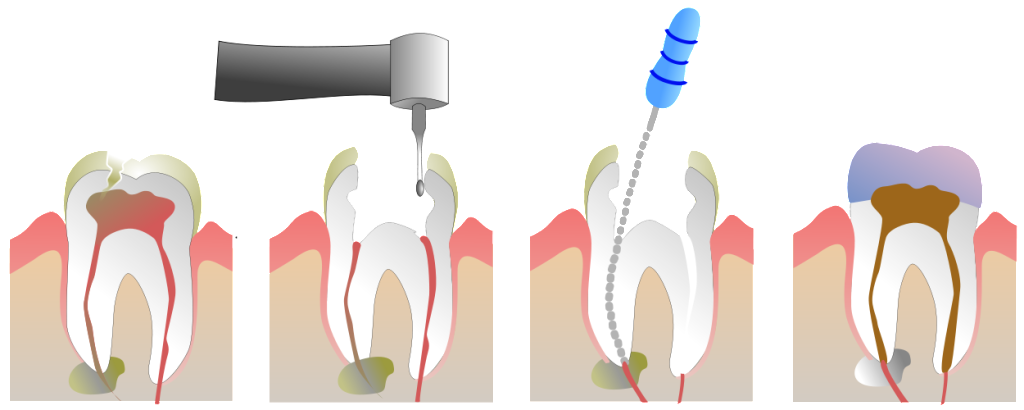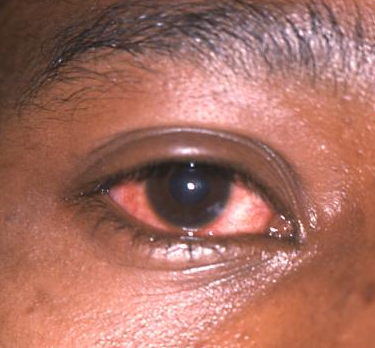Could dexamethasone treat chronic sinus infection
An acute sinus infection probably isn’t anyone’s idea of a good time. A chronic sinus infection can be every bit as miserable, if not more so. In reality it’s not the sinus infection itself that makes it feel like someone is blowing up a balloon behind your face. It is the inflammation of the sinuses (sinusitis) caused by the infection.
It is not uncommon for a physician to prescribe an anti-inflammatory medication in conjunction with an antibiotic in cases where prescription medication is determined to be necessary. One such anti-inflammatory medication is Dexamethasone.
Dexamethasone is a man-made steroid (corticosteroid). Corticosteroids are chemicals naturally produced by the body. The man-made, medical version of this chemical is used to block inflammation. The corticosteroid is also known to suppress the immune system. Dexamethasone is an extremely potent drug. It is 20 to 30 times more potent than naturally occurring cortisol and 4 to 5 times more potent than Prednisone, another common anti-inflammatory drug used in the treatment of sinusitis. Dexamethasone has been approved for use since 1958.
Like any drug, the side effects of dexamethasone vary widely depending on how much (dose), how long (duration) and how often (frequency) the medication is taken. The dose, duration and frequency of dexamethasone used to treat sinusitis is generally well tolerated with few or no issues. Longer term, higher doses of dexamethasone can produce potentially serious side effects. When possible, the lowest dose, duration and frequency of dexamethasone thought to be effective should be prescribed to minimize the potential of adverse side effects.
Virtually all cases of sinusitis are easily resolved with a standard, ten day course of an antibiotic with a three to five day course of Dexamethasone. In an extremely painful occurrence of acute sinusitis the dose and/or frequency may be increased to provide quicker relief. If the prescription to treat acute sinusitis extends beyond seven days, it would not be out of line to question the physician as to why the extended duration is necessary.
The chief complaint among Dexamethasone users is an increase in body weight. One study of over 22,000 users of the drug showed the weight gain was the primary concern for the majority of patients.
The oral version of the drug is most likely to be prescribed for sinusitis and is named Decadron Dexamethasone is used in the treatment of many other illnesses and diseases of varying severity. Some examples include altitude sickness, arthritis and even some cancers.
So the next time you are suffering from the unmistakable pain, pressure and general misery associated with acute or chronic sinusitis and you find yourself in an urgent care facility or your doctor’s office, don’t be surprised if Dexamethasone to ease the suffering until the infection is resolved.
“Can dexamethasone treat sciatica?“









